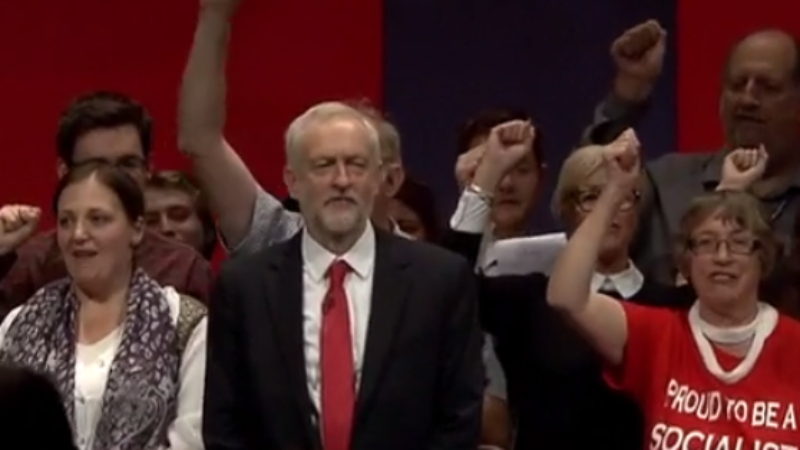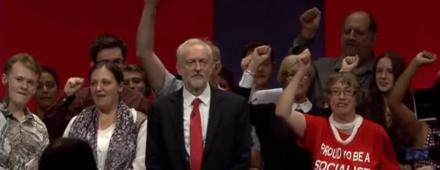

The IMF revealed last month that higher income tax rates would reduce inequality without stalling economic growth – dispelling the argument that a higher tax on the top one per cent of earners in Britain would hurt the economy.
Referred to commonly as the “low-tax party”, the Conservatives – and especially Theresa May – have made clear they are still focused on lowering tax-rates without increasing levies considerably for the highest earners.
With millions of people facing low living standards and increasing poverty, however, calls for a fairer tax system are being echoed by the Labour Party, and especially the shadow chancellor, John McDonnell.
“The IMF support the argument we made in the general election for a fairer tax system. There is no evidence to support those who scaremonger about the effects of making the rich pay fairer tax.”
Jeremy Corbyn, who recently attended an hour-long meeting with Brexit negotiator Michel Barnier, gave a speech to European socialists about the future of the left in which he discussed how he wanted to make sure Britain would avoid turning into a low-tax haven after withdrawal from the EU.
“We are here to make sure the negotiations get on track, that we defend jobs in Britain and that we make sure there is a trade access in Europe in future, we have to defend jobs in Britain and we have to have a trade relationship with Europe, we don’t need to be threatening Euope with an offshore tax haven.”
Prior to the 2017 election, Labour proposed a 50 per cent tax band for those earning more than £123,000 – a tax rise which would go towards helping those in need, protecting jobs and stimulating growth through getting the unemployed back to work. Whilst a progressive and level-headed policy, it has come from an opposition without a mandate.
Compared to the dizzying 83 per cent income tax rate seen during the 1970s, Corbyn’s 50 per cent tax rate appears a lot more modest.
Economic inequality in Britain was reviewed in late 2016 by The Equality Trust, which produced some sobering facts: households in the bottom 10 per cent of the population had on average a disposable income of £9,644 (including wages and benefits) whilst the top 10 per cent were bringing home net incomes nine times that of £83,875. The most shocking income gap was seen within the top one per cent and 0.1 per cent – with the top one per cent bringing home an income of £253,927, whilst the top 0.1 per cent were paid a staggering £919,882 a year.
In the IMF analysis, the economic organisation concluded that “there would appear to be scope for increasing the progressivity of income taxation without significantly hurting growth for countries wishing to enhance income redistribution”. With such a clear stance taken by one of the most-renowned economical organisations worldwide, it begs question whether the world’s economies will sit up and take note.
This doesn’t just represent severe income inequality – it also represents a huge crack in the system. The premise of low tax no longer delivers hope for working families. The worry can no longer be that higher taxes will drive away big business and corporations – the worry is that that in a low-wage, zero-hour tax-haven for the richest in society the 99 per cent will suffer through a lack of jobs and a lack of economic security.
With May’s minority government failing to win over the electorate, the time has come for Corbyn to nail his colours to the mast regarding tax rates – and complete Labour’s mission of bringing down levels of economic inequality and making Britain a beacon of social and economic justice.




More from LabourList
Nudification apps facilitate digital sexual assault – and they should be banned
Diane Abbott suspended from Labour after defending racism comments
Labour campaign groups join forces to call for reinstatement of MPs